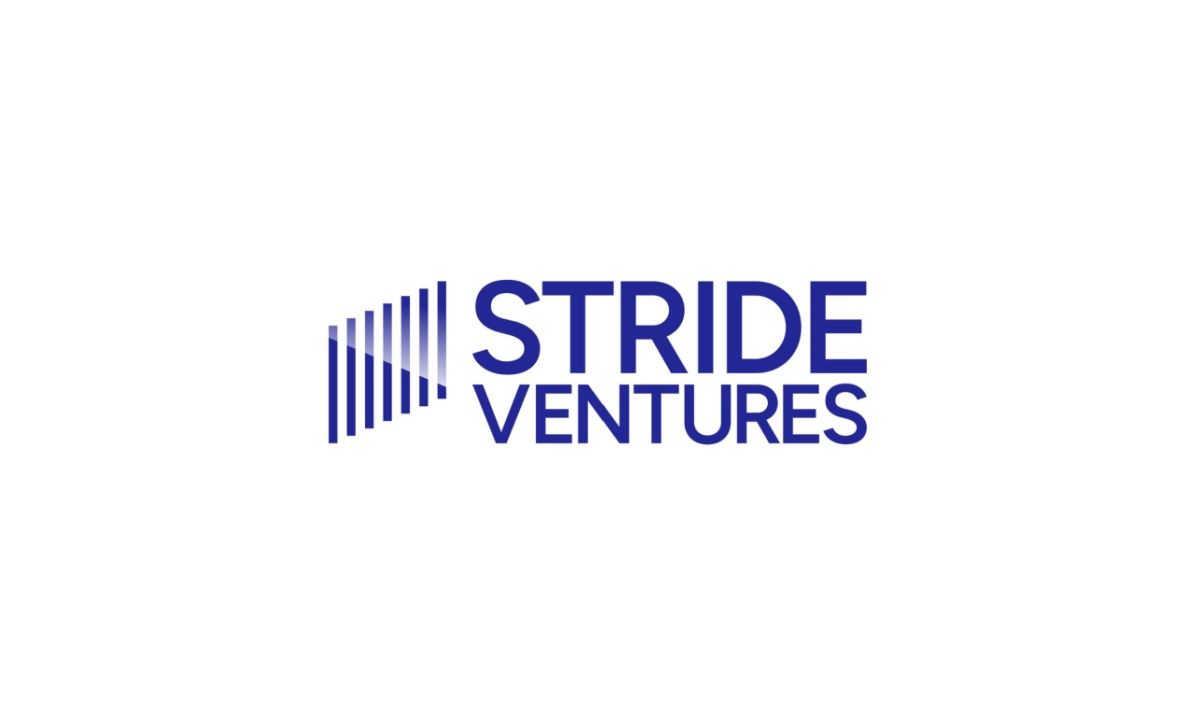Stride Ventures scales up in the GCC with strong focus on Saudi Arabia

- Stride Ventures, a global venture debt firm, has announced the expansion of its operations in the Gulf Cooperation Council, with Saudi Arabia at the heart of its growth strategy.
- The move includes opening a second regional office and doubling its local team, alongside the release of the inaugural Global Venture Debt Report 2025, produced in collaboration with Kearney. The report highlights a 54% CAGR for the GCC venture debt market—four times the global average—reaching $500 million in 2024, up from just $60 million in 2020.
- Stride aims to triple its GCC assets under management (AUM) by 2026, targeting $500 million in commitments over the next 3–5 years.
Press release:
In a striking signal of the Middle East’s rapid financial maturation, Stride Ventures, a leading player in the global venture debt market, has announced significant expansion of its presence across the Gulf Cooperation Council – with Saudi Arabia at the epicentre of its ambitions. The move, which includes doubling its local team and opening a second regional office, is emblematic of a broader shift: the Kingdom is not just attracting capital, but fundamentally redefining the region’s approach to startup financing.
Stride Ventures’ announcement coincides with the publication of the inaugural Global Venture Debt Report 2025, produced by team Stride in partnership with global consultancy Kearney. The report paints a compelling picture: while the global venture debt market has grown at a robust 14% compound annual growth rate (CAGR) over the past five years, the GCC—led by Saudi Arabia—has outpaced this by a factor of nearly four, clocking an extraordinary 54% CAGR. The regional venture debt market reached $500 million in 2024, up from a mere $60 million in 2020, underscoring both the scale and speed of change.
Saudi Arabia’s Vision 2030, a sweeping reform agenda aimed at diversifying the economy away from hydrocarbons, is at the heart of this transformation. The government’s proactive stance is evident in initiatives such as the Jada Fund of Funds (with $1.07 billion in assets under management) and strategic partnerships with global asset managers including Goldman Sachs and Franklin Templeton. Meanwhile, Abu Dhabi’s ADGM and Abu Dhabi’s Hub71 are providing the regulatory and infrastructural backbone for private credit and venture activity across the region.
Traditional banks in the GCC have long been risk-averse, often shying away from lending to early-stage, asset-light startups. Venture debt – a non-dilutive, flexible, and tailored to the needs of high-growth companies – has stepped into this void. The region’s fintech and e-commerce champions, such as Tabby and Tamara, have already closed venture debt deals exceeding $100 million each, providing a template for other sectors, including logistics, healthtech, and climate tech.
Stride’s expansion is timed to capture this momentum. The firm has increased its GCC team by over 60% in the past year, with a stated goal of tripling its regional assets under management by 2026. Stride is targeting a half a billion dollar commitment in the region over the next three to five years, while its latest fund has already attracted strong investor interest – on track to be oversubscribed within just a few months.
Stride Ventures now boasts an active investment pipeline of up to $110 million across the region, with an average cheque size of $10 million per transaction. This robust pipeline signals both the scale of opportunity and the growing appetite among Middle Eastern founders for strategic, founder-friendly debt capital. Stride’s approach – offering sizable and flexible financing to ambitious startups – positions it as a critical enabler of the region’s next wave of unicorns.
Perhaps most telling is the influx of global talent. Senior executives from Silicon Valley, London, and Singapore are relocating to Riyadh, lured by the region’s capital abundance and policy stability. “Saudi Arabia is shaping the future of venture capital and private credit with intention and scale,” says Fariha Ansari Javed, Partner at Stride Ventures. “We are seeing a new generation of founders who understand the value of non-dilutive capital to scale responsibly and an equally ambitious set of investors in the region ready to fuel their growth.”
The implications are profound. The Middle East, long considered a passive capital provider, is repositioning itself as an active hub for innovation finance. As Fariha puts it, “Saudi Arabia is moving from being a capital source to becoming a capital magnet. Stride is proud to be part of this next chapter.”
The question now is not whether venture debt will take root in the GCC but rather how quickly it will scale and how the region’s regulatory and institutional frameworks can keep pace with the ambitions of its entrepreneurs and financiers.


